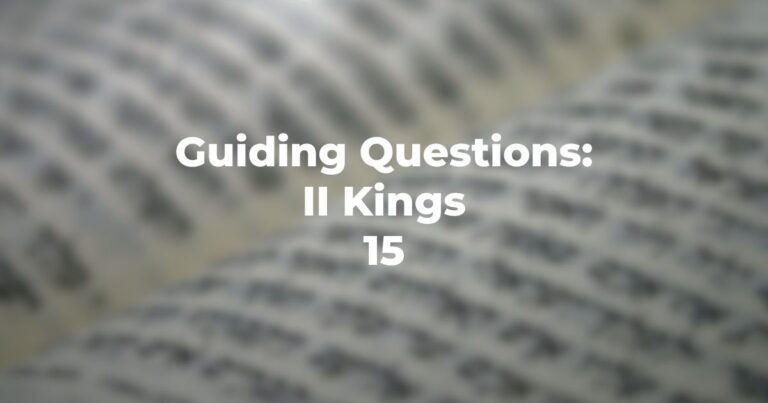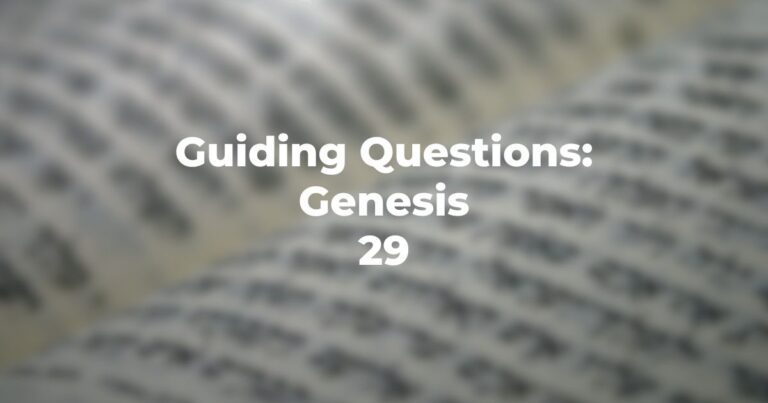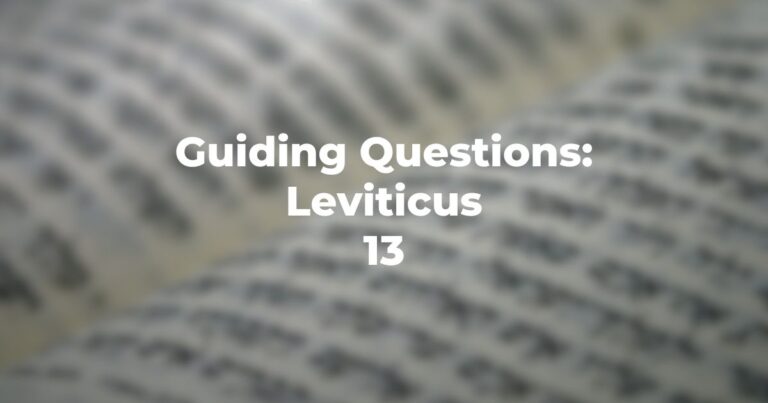- What is it about Daniel that concerns “the other ministers and satraps” — his religion or his position (or both)?
- Do the conspirators directly use Jewishness as an argument against Daniel?
- Does the king appear somewhat naive in terms of acting on the suggestion regarding to whom one can “address a petition?”
- In Daniel 6:11 there is the phrase “confession to his God”. Is this not a peculiar phrasing to come from any author committed to Jewishness?
- In the English translation of Daniel 6:14 there are three words at the conclusion “to his God”. These words do not appear in the Aramaic text. In that text, it notes that “he offers petitions” and, by implication, not to the king. What if, indeed, the complaint brought to the king would have added the words “to his God?” Might his (the king’s) reaction have been different?
- Would it appear from Daniel 6:16 that we are dealing here with an “absolute monarch?”
- In Daniel 6:17-21, what is the picture drawn of the ruler — arrogant or compelled by custom to action undesirable (to him)?
- According to Daniel 6:24, is it specifically stated why no harm had come to Daniel?
- And, according to Daniel 6:25 what is the lot of those who plot against one who is a devoted servant of God?
- Would Daniel 6:26-28 indicate that Judaism had become the faith of the overall kingdom?
- From Daniel 6:29 would one conclude that (in chronology) the text had now reached the time of Cyrus the Persian? And, if so, this will necessarily have to relate to Daniel 7.
Author
-

Exploring Judaism is the digital home for Conservative/Masorti Judaism, embracing the beauty and complexity of Judaism, and our personal search for meaning, learning, and connecting. Our goal is to create content based on three core framing: Meaning-Making (Why?), Practical Living (How?), and Explainers (What?).
View all posts




